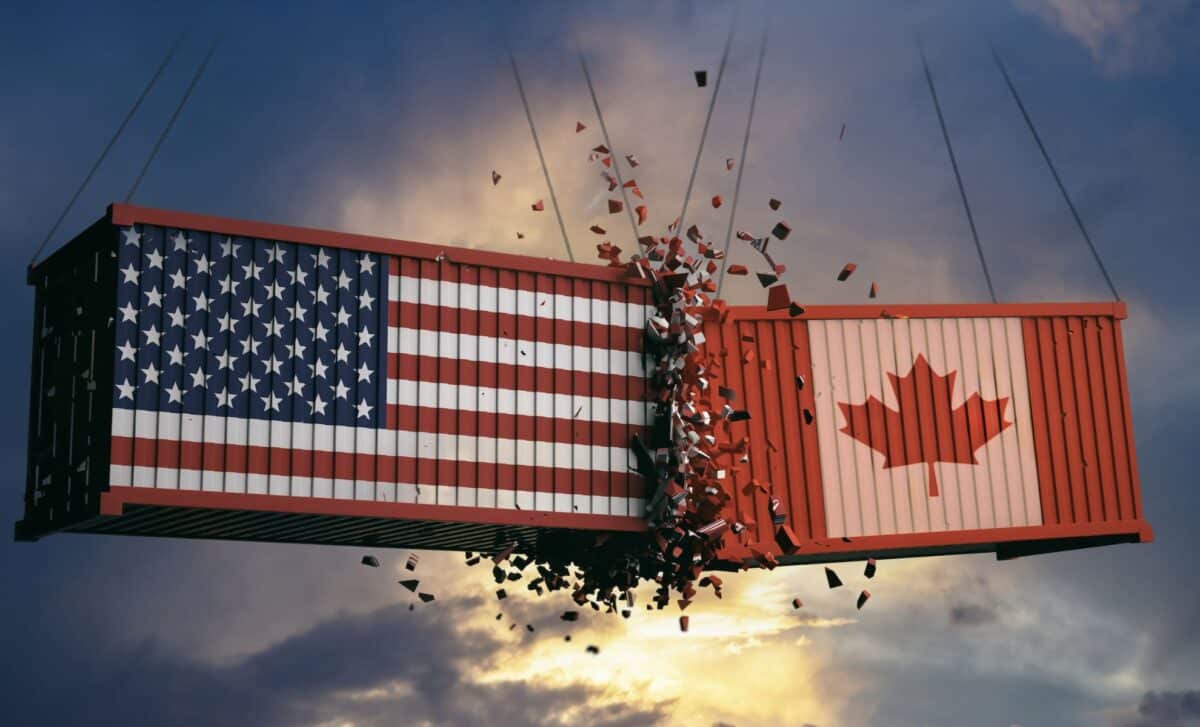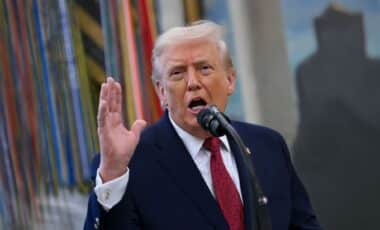The United States has imposed a 25% tariff on all steel and aluminium imports, a move aimed at bolstering domestic industries but sparking immediate backlash from key trade partners. The European Commission announced retaliatory measures on $28 billion worth of U.S. goods, escalating tensions in a trade dispute that could impact global markets.
The tariff increase reinstates broad metal import duties first introduced under Section 232 in 2018, expanding their scope to cover a wider range of metal-based products.
The policy shift also follows President Donald Trump’s threat to double tariffs on Canadian steel and aluminium to 50%, a stance softened after negotiations with Ontario Premier Doug Ford over electricity exports.
EU Announces Countermeasures Against U.S. Trade Measures
The European Commission responded swiftly to the new tariffs, labelling them “unjustified” and vowing to impose equivalent countermeasures on U.S. exports. According to an official statement, the EU’s retaliation will mirror the economic impact of the U.S. tariffs, targeting American products ranging from agriculture to industrial goods.
The dispute signals a renewed chapter in transatlantic trade tensions. The original Section 232 tariffs, imposed during Trump’s first term, had led to legal challenges and diplomatic disputes before being partially lifted under the USMCA agreement.
However, with this latest decision, the U.S. has reinstated a broad 25% tariff on steel and aluminium, including downstream products such as nuts, bolts, and bulldozer blades.
Meanwhile, the U.S. Customs and Border Protection agency moved quickly to enforce the tariffs, blocking duty-free import quotas hours before the deadline. According to the agency, importers failing to submit quota paperwork by 4:30 p.m. local time on Tuesday faced the full tariff rate.
Canada, China, and Other Major Suppliers Hit by Tariffs
Among the most affected countries is Canada, the largest foreign supplier of steel and aluminium to the United States. The dispute escalated when Trump threatened to double tariffs on Canadian metal exports, a move he later abandoned after Ontario’s agreement to suspend electricity surcharges on U.S. states.
Despite this concession, Canada remains subject to the 25% duty, though some USMCA-compliant exports have been temporarily exempted.
Other countries impacted by the tariffs include Brazil, Mexico, and South Korea, which previously operated under quota-based exemptions. China, already facing U.S. tariffs on metals due to alleged dumping and subsidies, is now subject to an additional 20% duty linked to fentanyl trafficking concerns.









